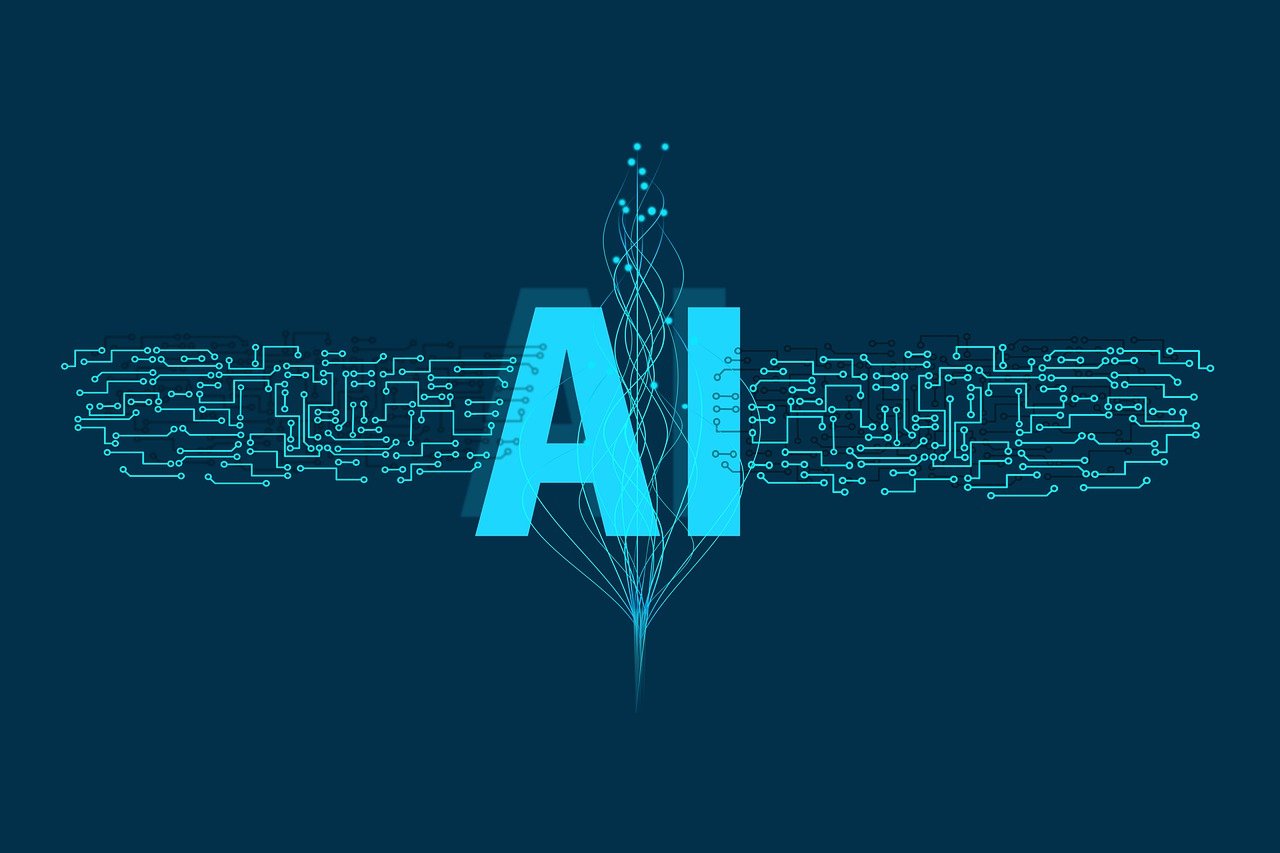
Artificial intelligence (AI) is a field of computer science and technology that aims to simulate human intelligence in tasks that call for problem-solving and reasoning. It is a field that does tasks faster and more correctly than a human could by using computer technology and huge databases.
Subfields of AI and Machine Learning include deep learning, natural language processing, neural networks, computer vision, robotic process automation, and other fields that rely on data and algorithms. Healthcare, retail, banking, real estate, insurance, and many other industries already use AI. Numerous business sectors, including mobile development services, are using this technology.
Important Applications of AI and Machine Learning in Mobile Apps
Whether you’re making Android or iOS apps, they could change the game if they incorporate artificial intelligence features. Let’s look at the specific ways that AI technology can be applied to your application right now.
Chat Automation systems
Mobile applications are in a fierce rivalry with one another. Thus, a flawless user experience and first-rate support are essential. However, having one or more agents ready all the time can be expensive, especially when many requests can be easily handled.
Therefore, here is where AI-powered chatbots might be useful. These innovative technologies can help your mobile application automate the process of responding to customer enquiries by using natural language processing. The system will simply analyse the query, gather the necessary information, and provide it to the user in the most convincing way.
Security
Security is a major concern for app users, especially those who use mobile banking or online shopping that deal with sensitive data and manage electronic payments. Therefore, having a more secure app is preferable. Naturally, AI can be helpful in this situation as well.
First off, by quickly analysing huge volumes of data and spotting possible cybersecurity issues, artificial intelligence may alert you and your users to approaching attacks. Since trained machine learning algorithms can recognise past errors, the security of your app will keep evolving over time.
Second, AI and machine learning can boost the level of security for the biometric authentication in your app by enhancing the system’s accuracy and efficacy, specifically by transforming biometric data from scans of the face, fingerprints, or other biometrics into data that can be studied and compared with a database.
Digital support
By utilising voice and speech recognition technologies, virtual assistants can recognise the speaker’s voice and what is actually being spoken to carry out the requested commands. As a result, your users will be able to use the software without constantly clicking.
Virtual assistants can, as you can see, help you save a tonne of time. However, they also give an advantage to customers who might want to use your programme while operating a vehicle or participating in another activity.
Additionally, people with impairments depend on voice recognition, so if you want your programme to serve everyone, make sure virtual assistants are included.
AI can also offer digital support in this area if you’re developing a solution to enhance internal operations, such as the performance of your contact centre. For your sales staff, it may instantly give dynamic call scripts and modify dialogue ideas; assisting staff in adjusting to every call and providing the best possible customer service.
How Can AI and Machine Learning Be Implemented in Mobile Apps?
In general, implementing AI into your mobile app development process will most likely be similar to previous software implementation initiatives. However, it does contain the details you should examine to ensure the success of your project. Here are the six major measures to take.
- Find the issues that artificial intelligence and machine learning can help to resolve
It may seem enticing to use AI algorithms and machine learning to strengthen every feature of your application. To begin with, you must recognise and rank the problems that this technology will help you solve. In this manner, it will deliver the greatest benefits while avoiding the addition of unnecessary and overwhelming features.
- Specify the measurement criteria
You must define clear goals and measurements to determine your app’s value because AI and Machine Learning are being utilised to enhance some of your processes, services, or products. Knowing what you want to do with AI’s help can let you create the necessary capabilities.
- Review Your Data
Before starting to construct artificial intelligence applications, you need to know where your data will come from and what sources to rely on. Make the most of data analytics tools to control and organise your data so that it may be fed into the AI module.
- Pay attention to integrations
Your AI-based application undoubtedly collects data via external tools or other sources. In this case, you’ll need to leverage proprietary integration solutions or APIs. The probability that APIs won’t be enough will increase as your programme becomes more intricate and intelligent.
- Put the solution into Practice
One of the most important steps is the work of programmers and engineers with knowledge of AI technology. Make that your team has sufficient expertise in developing both AI and mobile solutions, is able to anticipate any potential roadblocks, and is able to address any problems as soon as they appear.
- Track the Outcomes
Increase the performance of the solution, not loosen control over it. Your software should achieve the predetermined objectives or maybe outperform your expectations. As a result, you should keep an eye on the metrics and make adjustments as soon as necessary to the algorithm or any other AI and Machine Learning component.
Wrapping up
Businesses in a variety of industries are already reaping benefits from integrating AI and machine learning into their mobile apps, and it’s likely that this is only the beginning. Therefore, the sooner your company adopts this cutting-edge technology, the greater the chance that it will truly acquire a competitive edge.
You may be interested in: How Algorithms Are Used in Insurance Business

